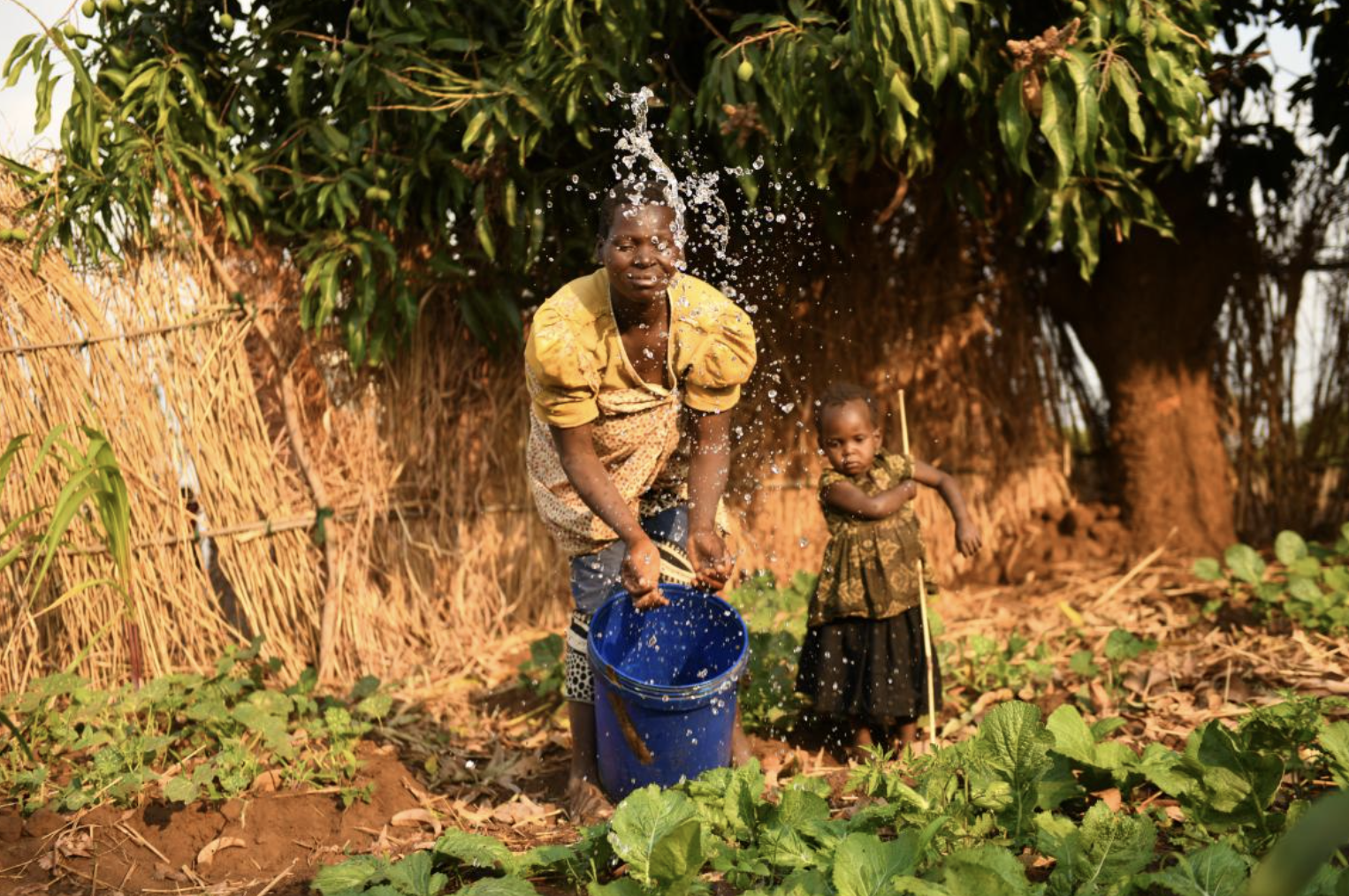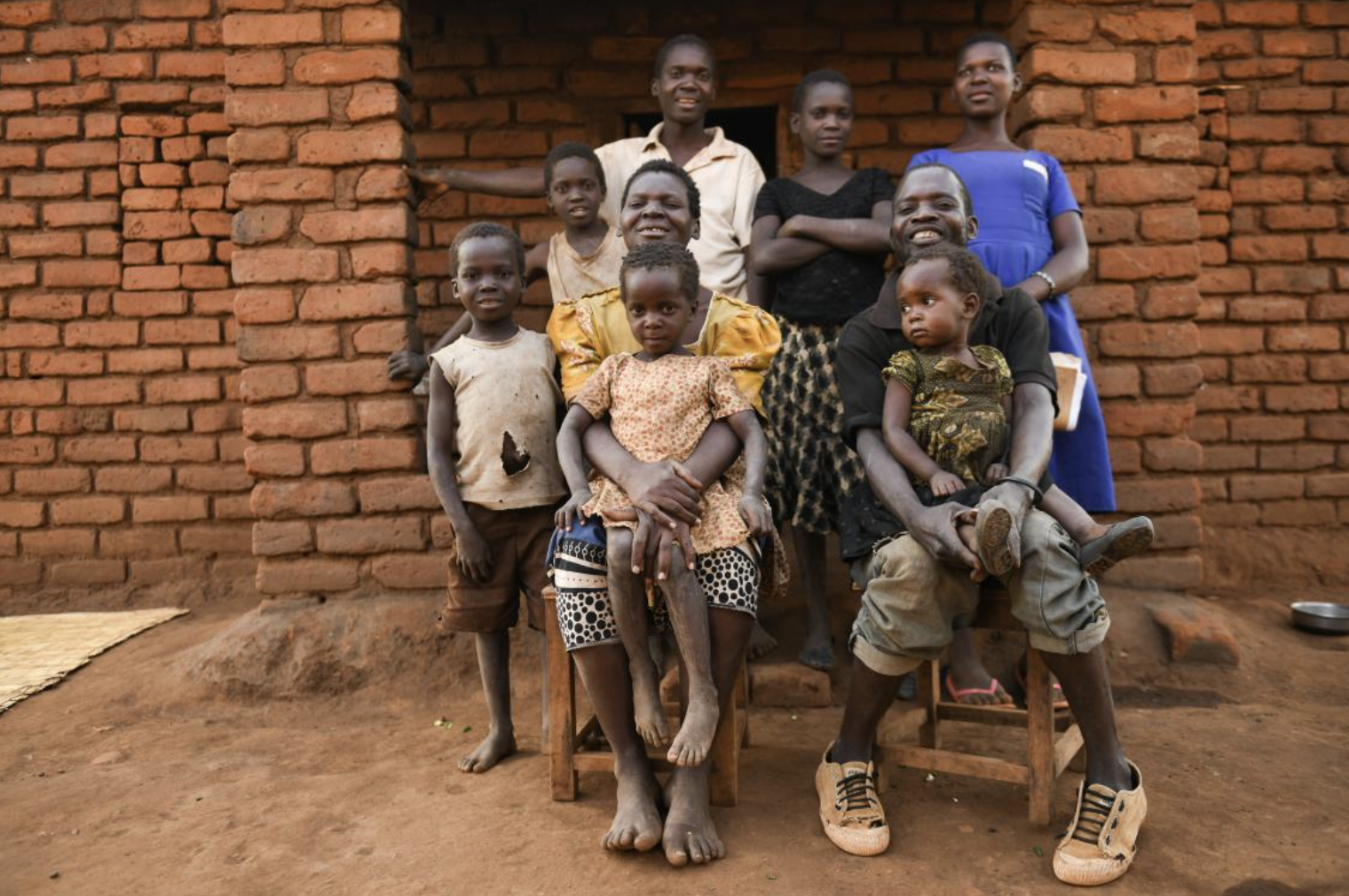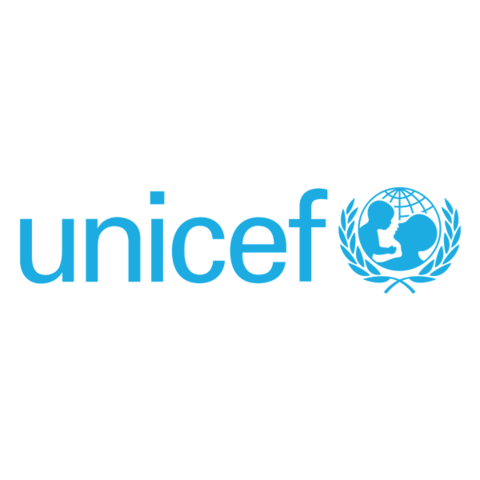Sophie's story
Benefitting from Shock Sensitive Social Protection (SSSP) means so much more to Sophie Samuel, a Mtukula Pakhomo beneficiary in Balaka district, Kanyama Village.
SSSP meets the seasonal needs, prepares for and responds to unpredictable shocks in cooperation with the humanitarian sector and supporting recovery and the return to regular programming.
Through SSSP, the Government and humanitarian partners leverage social protection systems to provide assistance to vulnerable groups of people in times of crisis.
At, 42 years of age, she feels relieved that her homestead in is no longer “a house of hunger”. In the rainy months from October before receiving additional support, the mother-of-nine became a laughing stock in the rural locality in Malawi’s Southern Region because her family had run out of food and her two-year-old daughter looked too small for her age.
Besides, she was spending more time begging for food and working in crop fields of well-off neighbours’ instead of their own.
However, she felt relieved in the past two lean seasons when she was receiving additional transfers (MK23 000 last season) on top of the monthly regular social cash transfer of MK8 000 dating back to 2015.
“So far, the lean season support eased our hardship during the trickiest period when grain costs were twice or thrice the price for the rest of the year.” Sophie recalls.
“With the top-up, I could afford enough maize though its scarcity was pushing prices beyond the reach of poor households. Before that, the monthly social cash transfer could only buy a bag outside the lean season and less in the hunger period, which is not enough for my big family,” she explains.
In Balaka, Mtukula Pakhomo beneficiaries have received seasonal top-ups for two consecutive lean seasons, given the area is regularly hit by dry spells. This helped Sophie’s family achieve so much more beyond dealing with hunger.
“The past 2 years have been good as people had no reason to laugh at my family, especially because of my daughter who was malnourished. Her wellbeing has improved and she looks healthy now,” she says, watering vegetables in her backyard garden.
Sophie says the top-ups reduced the risk of illnesses—“and their healthy lives translated into reductions in off-pocket payments for hospital trips and stays”.
In the growing season preceding the top-ups, Sophie and her husband, Frank Yohane, used to wake up around 4 am to work in crop fields of well-off neighbours before going to theirs.
The desperate struggle against rising food insecurity pushed the couple to receive a pay of MK10 000 a month—just enough for a 50kg bag of maize or less depending on price fluctuations—for ridging a maize field equivalent to a football ground. To fast-track the work, their children missed classes to give them a hand.

Sophie watering vegetables in her garden, beside her is her daughter
Thanks to the seasonal top-ups, the household now spend more time working in their crop fields.
“In the past two farming seasons, we no longer wasted time on slavish piecework as we previously did in the past. Before, we were going to our maize field when we were exhausted and the sun was high in the sky after investing much of our time in other people’s farms.
The social cash transfers, especially the top-up, have minimized our struggle for food and children no longer go to school hungry,” Frank says.
The Government of Malawi is implementing the shock-sensitive social protection intervention with support from several partners, including UNICEF and WFP. The UN Joint Programme: Social Protection for the Sustainable Development Goals, funded by the Joint SDG Fund, helps to ensure the Malawi social protection system meets emergency food needs together with the humanitarian sector to reduce the vulnerability of those left behind.
UNICEF with sister agencies works hand in hand with the Government of Malawi to render its social protection system shock-sensitive, receiving support from Irish Aid, the Foreign, Commonwealth & Development Office (FCDO), and the Joint SDG Fund.
“Before the lean season top-ups, we used to struggle for food and basic needs. Between October and March, my children usually went to school hungry and didn’t know if they would find food on their return. At times, they couldn’t go to school at all," Sophie recalls.
Sophie’s forth born Catherine, who is now in Standard Eight, says hunger blurs children’s vision to achieve their goals.
“I work hard in class to become a nurse so I can help sick children and inspire girls in my area, but learning was difficult when we could go to school hungry. I couldn’t figure out what the teacher was teaching. My mind was bothered by the food shortage at home,” she explains.
Catherine, now works harder to go to secondary school and outshine her eldest sister who dropped out in Standard Eight to marry.

Sophie and her family outside their home in Balaka
Thanks to Mtukula Pakhomo, Catherine’s brother, Samuel, completed Form Four at St Louis Community Day Secondary School in 2019.
The happy mother says: “Marrying at 17 disrupted my education in Standard Five. As a result, I have been struggling to feed and educate my children. I don’t want my children to have a similar experience. I wept when the first-born married young. I don’t want them to remain behind.
Mphatso Chisepa, the Mtukula Pakhomo coordinator in Balaka district, says the top-ups cushion ultra-poor and vulnerable populations as food production in the semi-arid zone keeps falling due to scanty rainfall, breached soils and unaffordable farm inputs.
“The lean season support is a timely lifesaver because ultra-poor households often yield too little to the next harvest. When food scarcity kicks in, the top-ups help the vulnerable households to cope with fast-rising prices which render the regular cash transfers inadequate to meet their requirements,” she says.
For Chisepa, the future looks bright with SSSP as beneficiaries’ are vulnerable households who are often hit the hardest by disasters.
Now they cannot only afford daily meals when hunger bites the worst but also keep children in school instead of forcing to quit school and engage in risky behaviours which reduce their chances in life.
Through the experiences of Sophie, the additional assistance received in the past two consecutive lean seasons, did not only save the households from hunger and malnutrition, the household also claims to live a healthy life than before.
Seasonal top-ups have also enabled the family to spend more time in their field, while also allowing the children to spend more time in school, thereby reducing the risk of early drop-outs.
Originally published on UNICEF Malawi




















